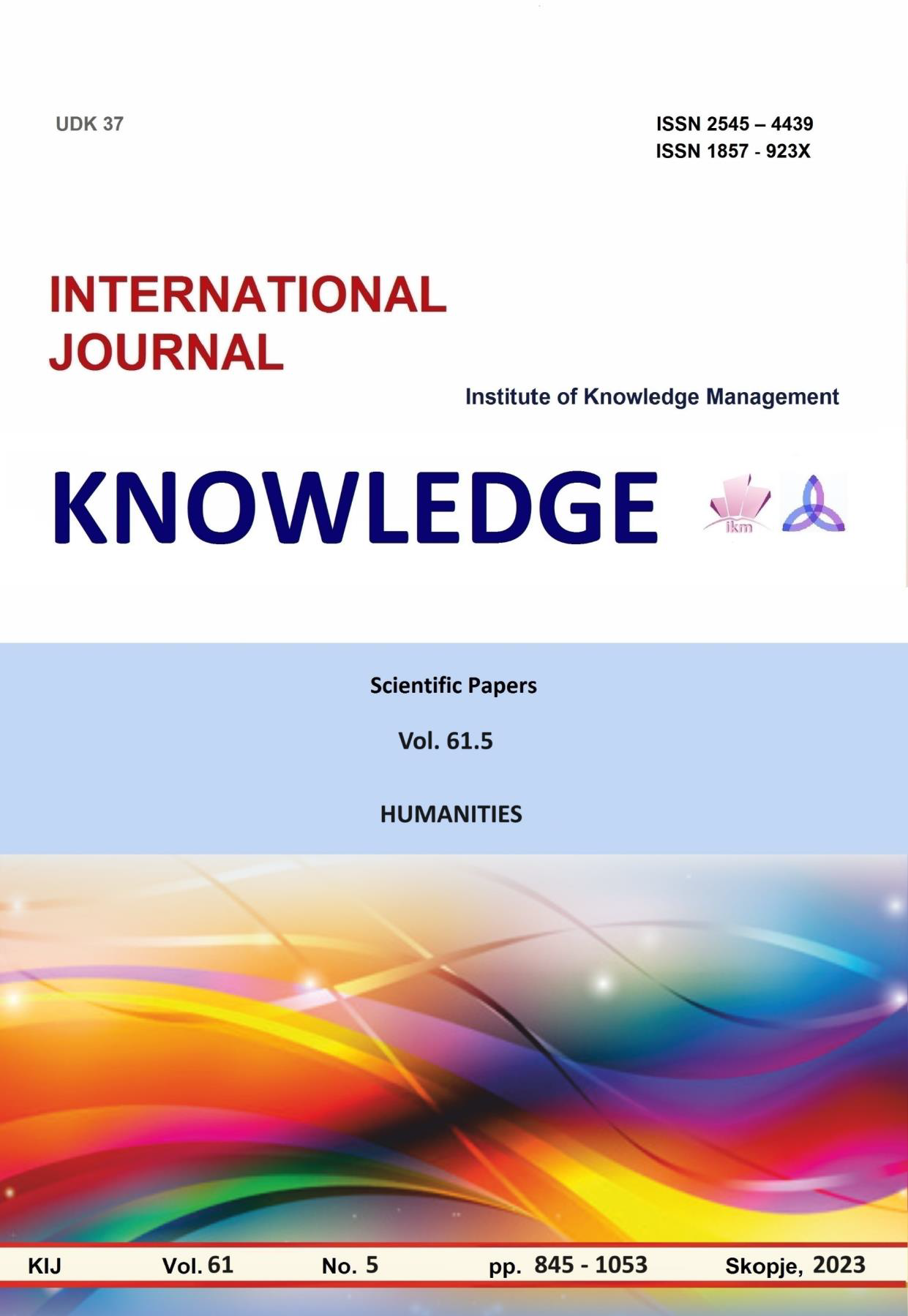THE INFLUENCE OF BILINGUALITY ON LANGUAGE DEVELOPMENT IN CHILDREN WITH DEVELOPMENTAL DISABILITIES, 2-6 YEARS OLD
THE INFLUENCE OF BILINGUALITY ON LANGUAGE DEVELOPMENT IN CHILDREN WITH DEVELOPMENTAL DISABILITIES, 2-6 YEARS OLD
Author(s): Adisa Teliti, Endri BallaSubject(s): Social Sciences, Language and Literature Studies, Psychology, Language acquisition, Developmental Psychology, Philology
Published by: Scientific Institute of Management and Knowledge
Keywords: children;developmental problems;language
Summary/Abstract: Children with developmental disabilities, diagnosed and following the therapeutic process depending on the needs they encounter and the difficulty on language development. Parents of children with developmental disabilities has more difficulties in terms of behavior, cognition, communication, self-help processes or other health problems. As a result of not managing the situation, it happens that these children are exposed a lot to technology, telephone or television. During the navigation they do on the internet, materials are often displayed in languages other than their mother language. The study aimed to analyze the influence of bilingualism on the language development in children with developmental disabilities at the age of 2-6 years. The used study method was the qualitative method, as an effective method in the study findings, based on the purpose of the study and the studied target. In these conditions, the fact that it was a sensitive topic, the sample of the study was intentional, setting as specific criteria, parents of children diagnosed with developmental disabilities, aged 2-6 years and who follow the therapeutic process. Bilingualism affected negatively all children aged 2 6 years with developmental disabilities, reducing the performance on the language development. In children with autism spectrum disorder, it affects more significant levels. All the cases considered with a longer and earlier time of exposure to bilingualism present a disorder or delay in passing the next and subsequent stages of language development. Prejudice and exclusion undermine generalization as a very essential part of effective therapeutic treatment, as treatment aims at adequate functioning of children in social and community settings. Inclusion and prejudice reduce the chances to be functionally integrated into society and to improve personal and social skills. The study brings a new approach and serves as an incentive for other quantitative studies, considering that there are few studies in this field in Albanian society.
Journal: Knowledge - International Journal
- Issue Year: 61/2023
- Issue No: 5
- Page Range: 967-969
- Page Count: 3
- Language: English

